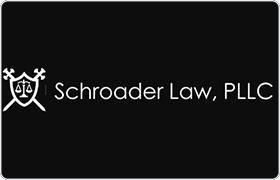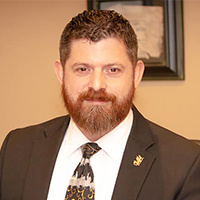Bonney Lake Juvenile Law Lawyer, Washington
Sponsored Law Firm
-
 x
x

Click For More Info:
-
Schroader Law, PLLC
1105 Tacoma Ave S Tacoma, WA 98402» view mapCriminal Defense Exceptional Legal Service
Schroader Law, PLLC offers superior service from start to finish. Attorney Schroader is a knowledgeable lawyer offering comprehensive legal advice with realistic expectations.
800-916-9671
Cristine Beckwith
✓ VERIFIEDCriminal, Misdemeanor, DUI-DWI, Felony, Juvenile Law
We focus on criminal defense, domestic violence, DUI, and Juvenile Law
Cristine Beckwith is the owner of Beckwith Law. She is exceptionally qualified to provide strong representation to clients facing a wide range of crim... (more)
Alan Jeffrey Willoughby
Juvenile Law, Dispute Resolution, Election & Political, Labor Legislation
Status: Inactive Licensed: 31 Years
Amity A Bjork
Other, Juvenile Law, Criminal, Merger & Acquisition
Status: In Good Standing Licensed: 27 Years
Ann Farrell Stenberg
Juvenile Law, Social Security, Criminal, Civil Rights
Status: Deceased Licensed: 32 Years
Audra B Smith
Juvenile Law, Other, Lawsuit & Dispute, Civil Rights
Status: In Good Standing Licensed: 32 Years
Bailey Elizabeth Zydek
Juvenile Law, Family Law, Criminal, Civil Rights
Status: In Good Standing Licensed: 51 Years
Blythe Elisabeth Phillips
Juvenile Law, Estate Planning, Family Law, Criminal
Status: In Good Standing Licensed: 26 Years
 Dennis Schroader Tacoma, WA
Dennis Schroader Tacoma, WA Practice AreasExpertise
Practice AreasExpertise

